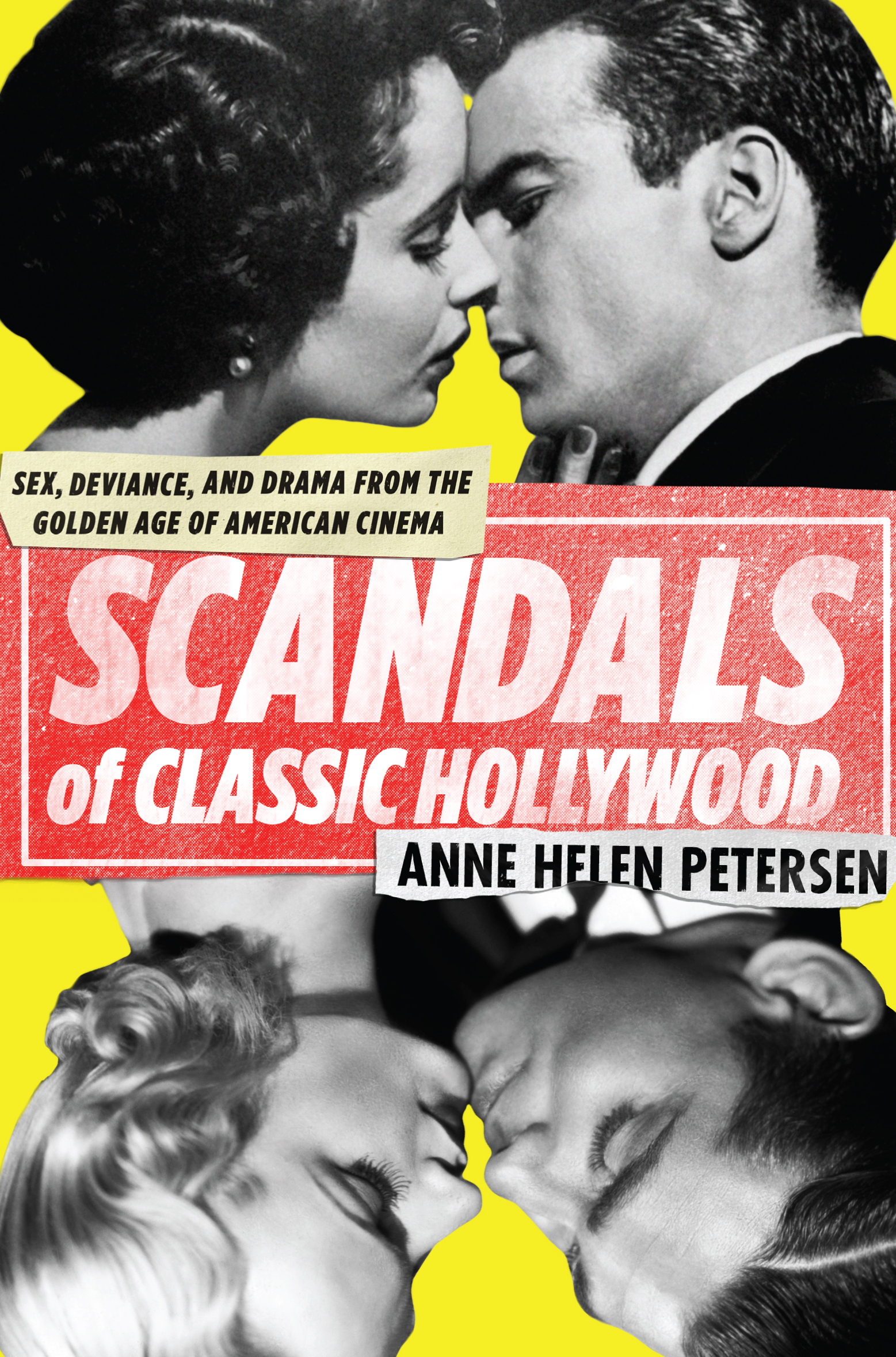
Everyone loves a scandal — and no one did scandal better than old Hollywood. In her new book, Scandals of Classic Hollywood: Sex, Deviance and Drama From the Golden Age of American Cinema (out Sept. 30), writer Anne Helen Petersen delves deep into the back stories of some of old Hollywood’s most famous stars, including Elizabeth Taylor, Montgomery Clift and Mae West.
Yet Petersen doesn’t just dish the dirt; as a “Doctor of Celebrity Gossip,” with a PhD in media studies, Petersen also provides insightful historical and cultural context to stories behind the gossip. TIME spoke with Petersen about the nature of a scandal, how gossip repeats itself and how Hollywood has changed.
TIME: What defined a scandal in old Hollywood?
Anne Helen Petersen: The thing about scandals that I always say is that no action is de facto scandalous. It only becomes scandalous when it trespasses or transgresses the lines of the status quo. So something in the late ‘40s — like when Ingrid Bergman had an affair with her director and then had a child out of wedlock, she was denounced as an instrument of evil on the Senate floor. If you did that today, [the reaction would be different].
Right. And a lot of actors and actresses had affairs, the public just never heard about. How much of that secrecy was a factor of the old Hollywood system, where stars had contracts with studios that were in turn invested in keeping their images clean?
The studio system functioned in symbiosis with the gossip apparatus — so the gossip magazines, the gossip columnists, the people who were in charge of mediating the information about the stars. It was never down on paper, but it was understood that [the gossip media] toed the studio line and in exchange for that they received a constant stream of information— maybe not true information, it was often times very fabricated information — about the stars.
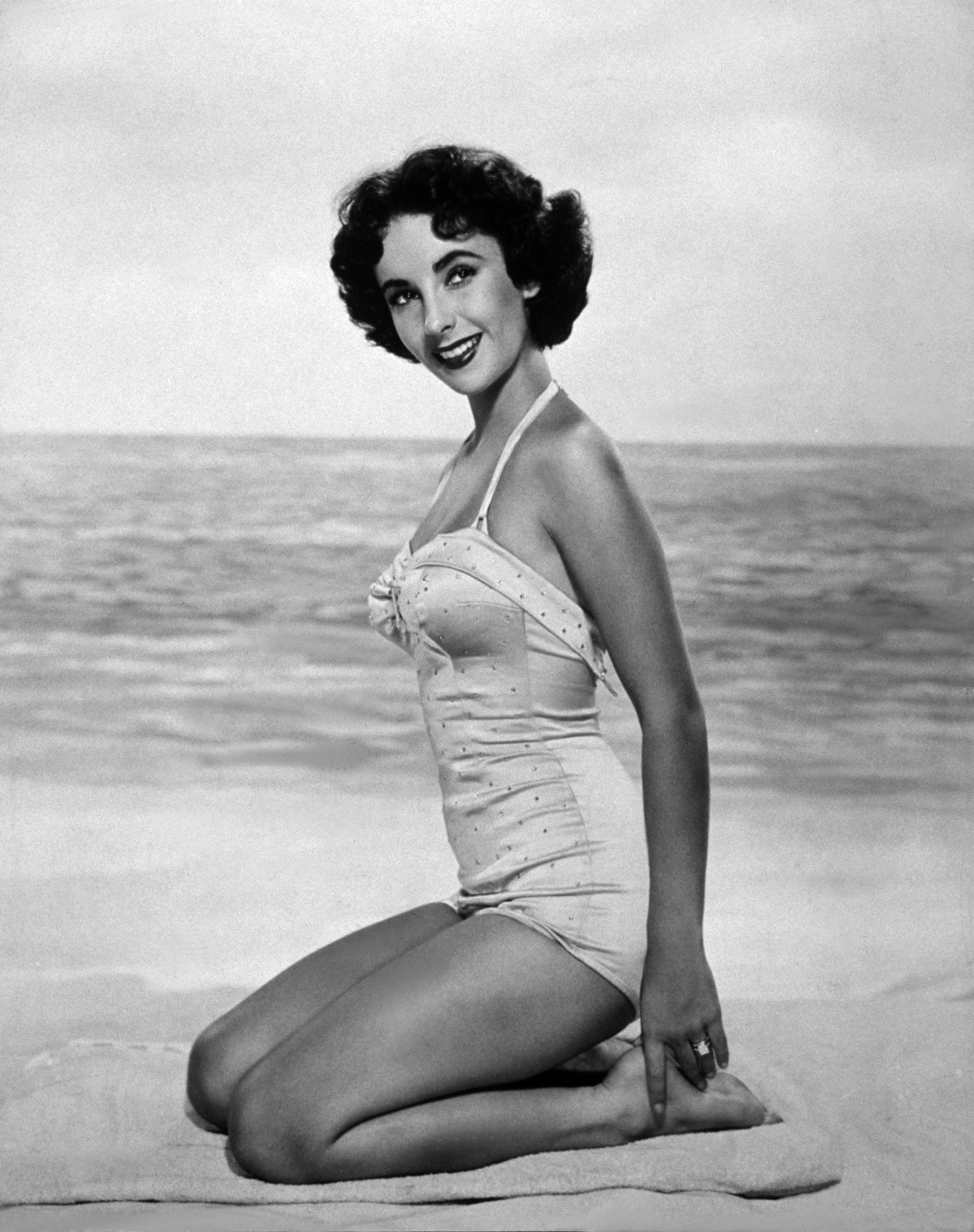
In a lot of your writing you connect certain scandals that took place in old Hollywood with the scandals that take place today. In particular, I know you’ve compared coverage of the Elizabeth Taylor/Eddie Fisher/Debbie Reynolds love triangle with the ongoing Jennifer Aniston and Brangelina tabloid saga. I’m wondering if scandals in Hollywood have actually changed at all since the golden era?
I think certain tropes of what we expect of a woman or of a man or of a relationship have shifted over the last 100 years, but we’re still very much engaged in policing those [expectations] as a society. So the reason it’s so easy to relate scandals that are happening now to scandals that have happened historically is that it’s the same sort of policing taking place. So while the specifics of the scandal may change, the actual ways that society and media treats it has not.
Were there any differences in the types of scandals that actors versus actresses faced?
In the book, some scandals aren’t scandals at all. With the story of the affair between Clark Gable and Carole Lombard or the relationship between Humphrey Bogart and Lauren Bacall, it’s a story of how something didn’t become scandalous. Because if you were a white straight male, you could handle a scandal. Unless you were a white straight overweight male like Fatty Arbuckle.
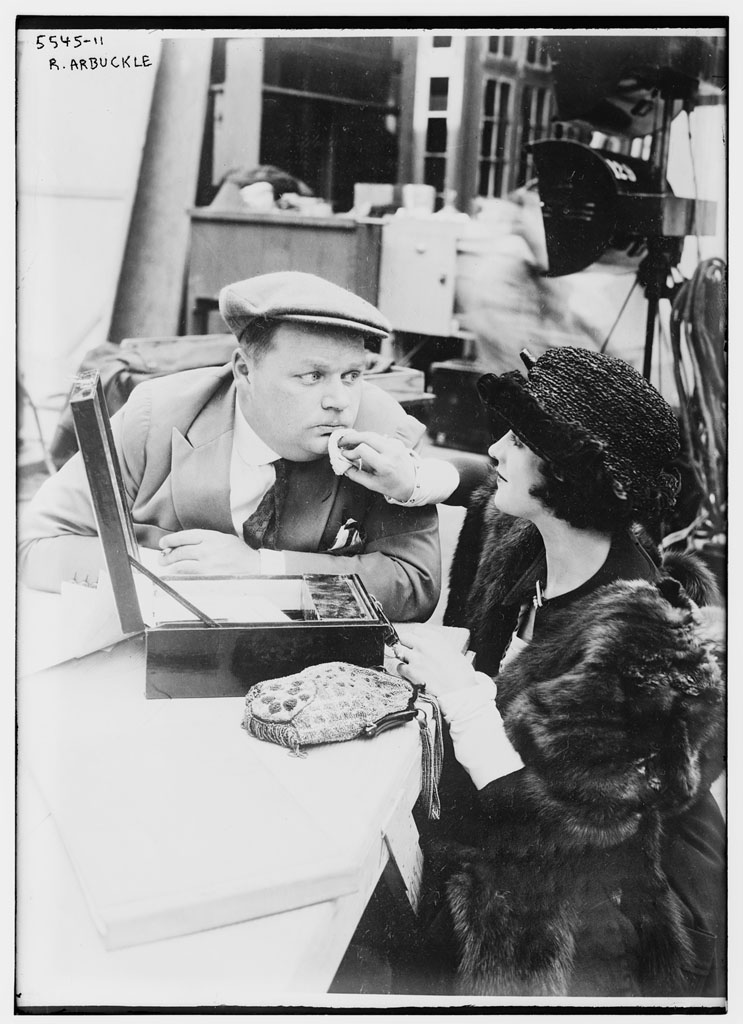
But the real tragedies of the book are all women. Today [it’s not quite so bad]. When Kristen Stewart was caught cheating with a director, it was a scandal, but [not in the same way it was for] Ingrid Bergman, where it ruined her career.
What effect has the rise of entertainment media had on Hollywood?
Even in classic Hollywood there were always people who wanted to know the dirt and tried really hard to get it. But what happened with the demise of classic Hollywood — and you see this in my book in the last section about Montgomery Clift and Marlon Brando and James Dean — is that there were these stars who weren’t on studio contracts and that allowed for all sorts of scandalous material to come out about them.
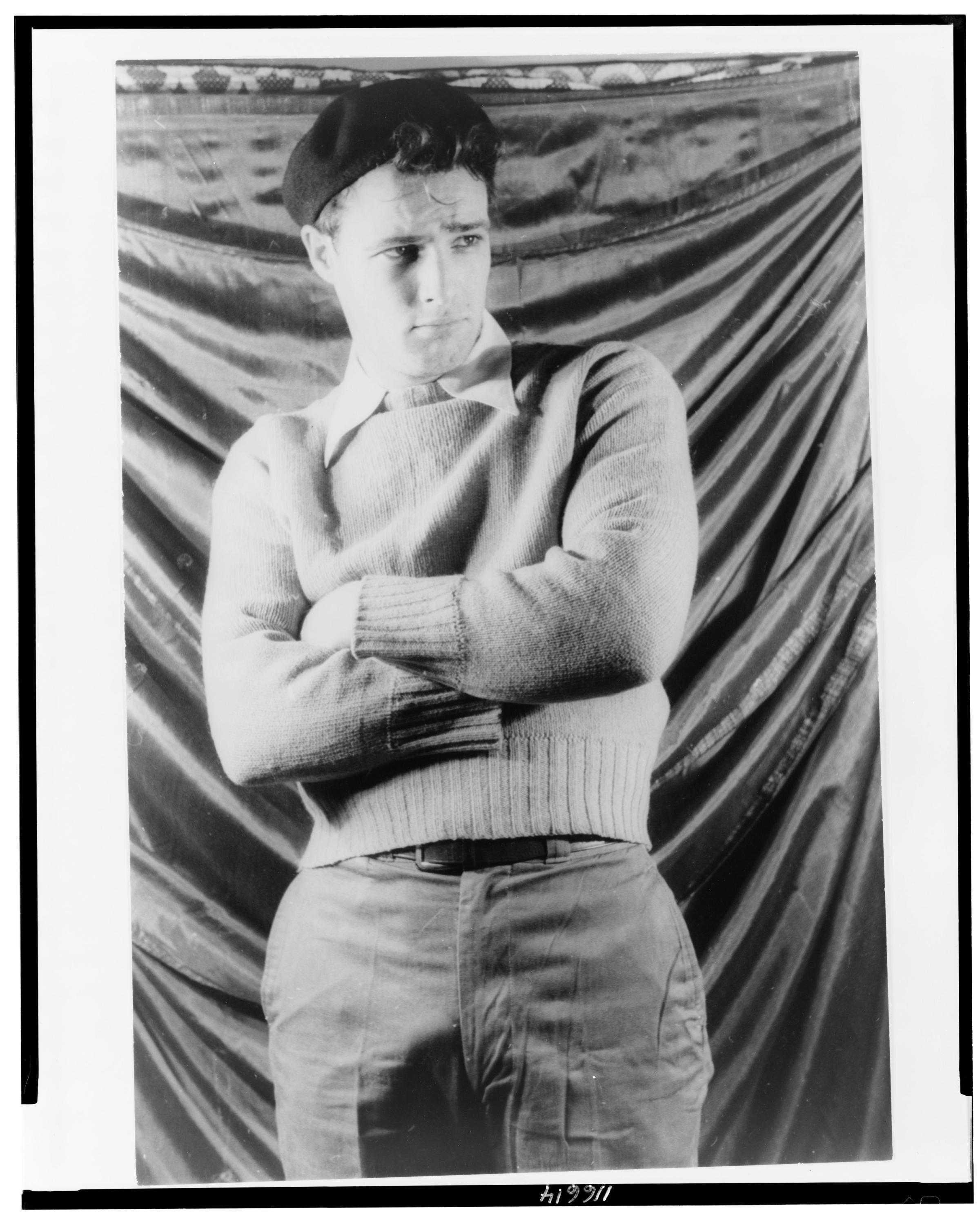
As I see it, there are the two modes of reporting on celebrities: you have the people who want to serve up stories that affirm that celebrities are exactly who we think they are. And then there is the mode that kind of tears down the celebrity. There are just more outlets on either side, whether they are bolstering or tearing down stars. So it makes it harder to have a really coherent image of a particular celebrity. I think that’s the reason that people really seem to like Jennifer Lawrence, because she’s just so on message.
‘On message’ is an interesting concept. Do celebrities have more control over their own image today because of things like social media or a more savvy awareness of branding?
Well, we think we have more access to the stars with social media, like there’s this real semblance of authenticity and that we somehow have a direct conduit to everything that a star is doing. But actually I think that it’s a way that they can control their brand message even tighter.
The way I think of the history of Hollywood is this cycle of control and rupture, control and rupture. So in old Hollywood everything is locked down, as with the studio system. And then there’s the rupture of the 1950s, [where actors were beginning to work without long-term contracts]. In the ‘80s and ‘90s, everything was very controlled and locked down again by these incredible publicists. Then, with the rise of digital technology, you have TMZ and gossip bloggers like Perez. The crazy gossip period of 2005 to 2008 is again this time where people are trying to reconfigure [celebrity]. Now, a star thinks, People can take a picture of me anywhere and I can connect with my fans directly through Twitter. How do we [make this work for] our message?
Scandals of Classic Hollywood is based on your popular column over at The Hairpin. What can your regular readers expect from the book?
It’s based on the same concept as the column but it’s all new content. My goal for the book — and really for all of the writing I do now — is to do this hybrid, where I take the ideas that I know from academia and then write them in a way that’s accessible to a wider audience.
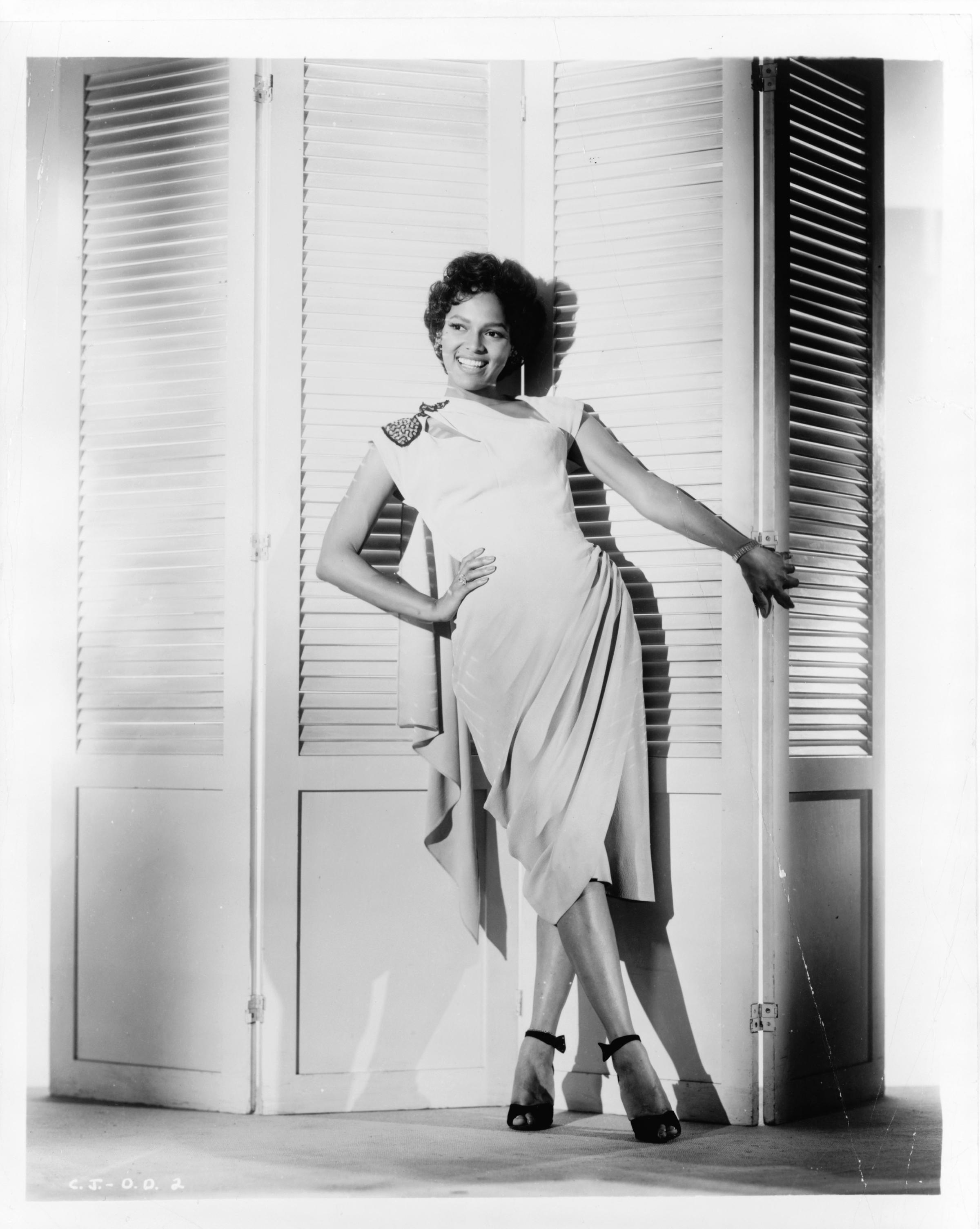
What’s next for you?
I think that my next book will take contemporary icons — people like Jennifer Lawrence or Kanye West or Beyonce — and look at their antecedents from, say, 20 years before. So I’ll look at Princess Diana in the 1980s and then I’ll look at Kate Middleton. Then there will be the tortured genius, so I’ll look at Michael Jackson and Kanye West. It will still use the historical context, but it won’t go as far back in history.
More Must-Reads from TIME
- Donald Trump Is TIME's 2024 Person of the Year
- Why We Chose Trump as Person of the Year
- Is Intermittent Fasting Good or Bad for You?
- The 100 Must-Read Books of 2024
- The 20 Best Christmas TV Episodes
- Column: If Optimism Feels Ridiculous Now, Try Hope
- The Future of Climate Action Is Trade Policy
- Merle Bombardieri Is Helping People Make the Baby Decision
Contact us at letters@time.com